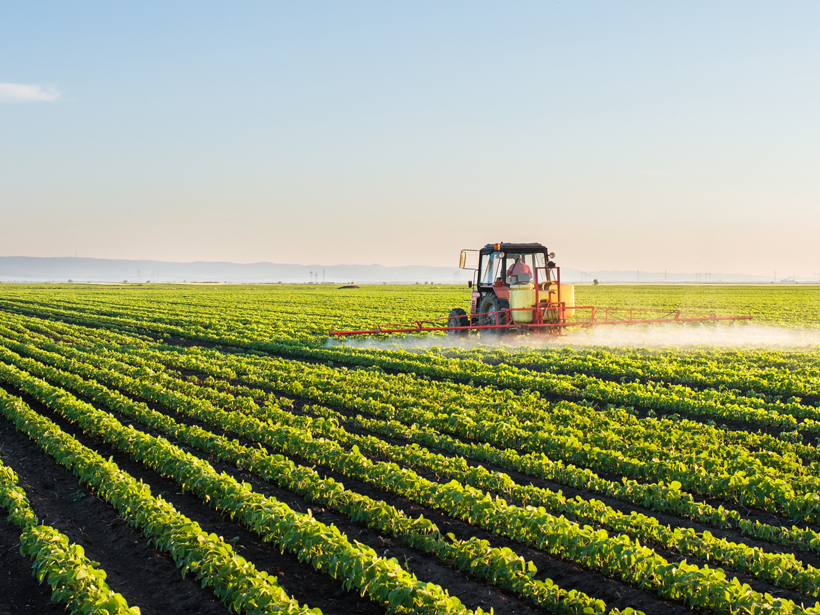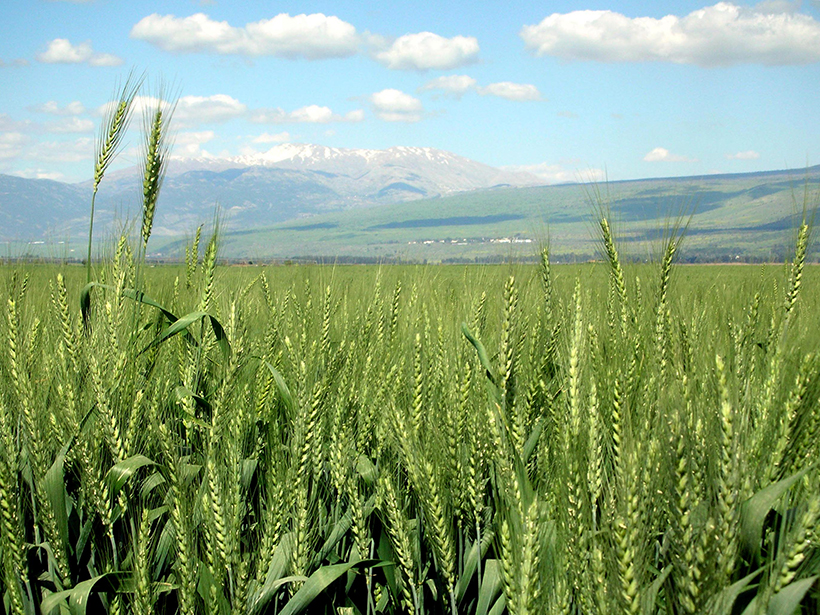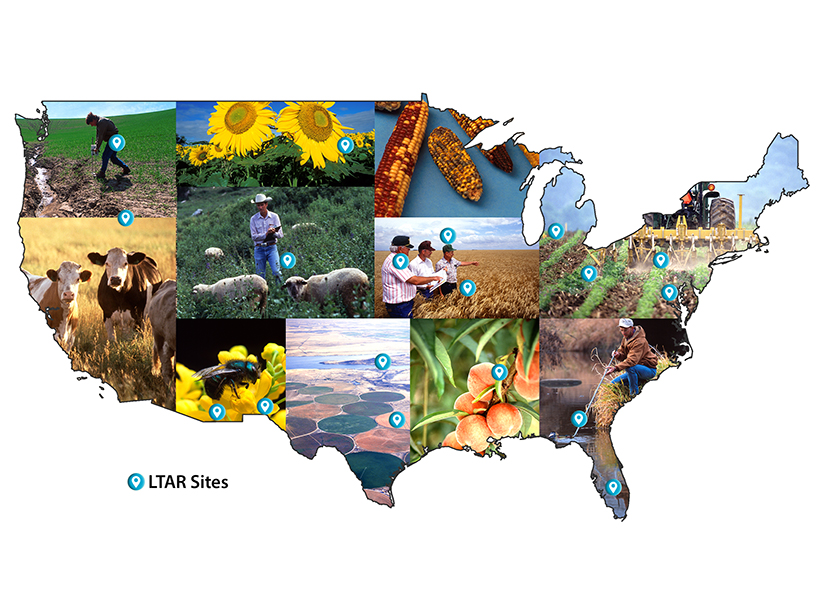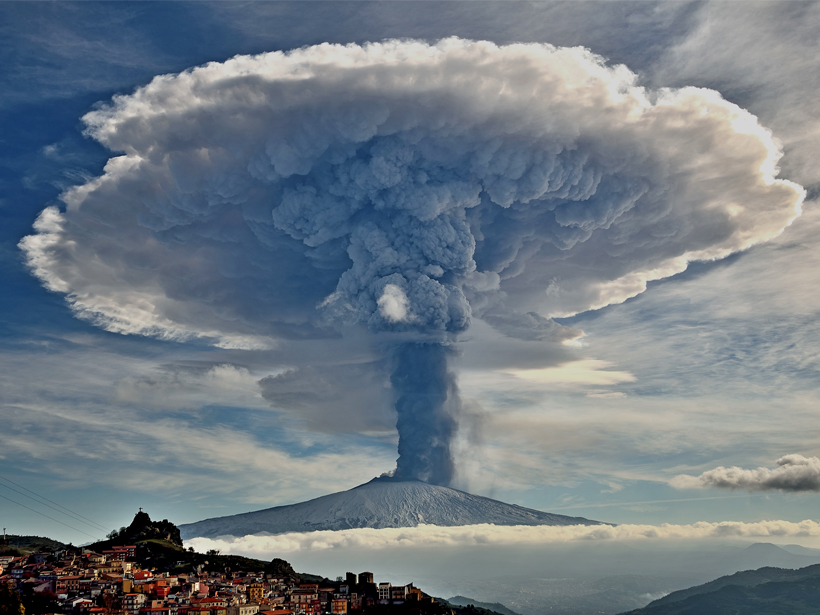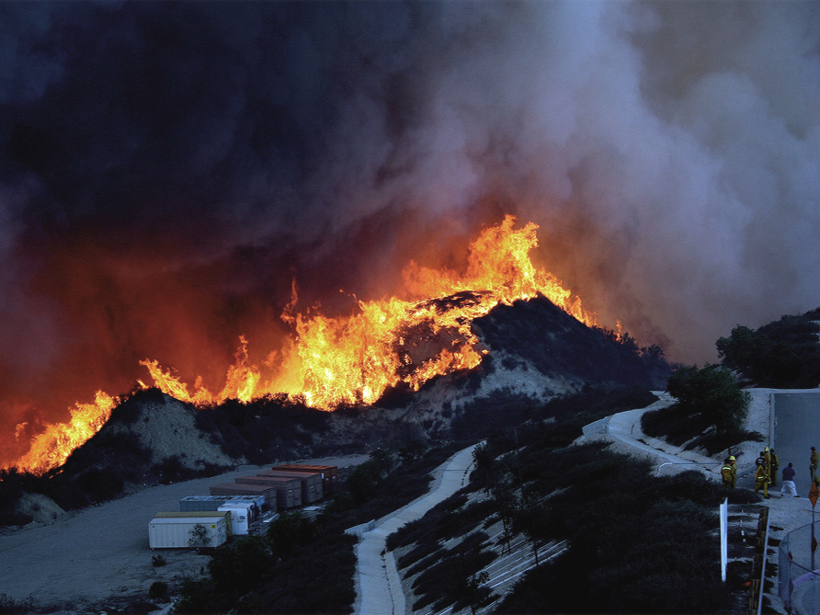Replacement of horses by machines since the 1940s allowed central U.S. farmers to change the crops they planted, which may have altered regional climate.
agriculture
Climate Change May Reduce Future Corn Supply
A suite of simulations run with a spectrum of starting conditions shows that climate change will reduce corn crop yield, although the degree of reductions varies widely.
Which Greenhouse Gas Does the Most Damage to Crops?
Models showed that approximately 93% of crop losses over the rest of the century could be caused by non–carbon dioxide emissions, the most damaging of these being methane.
Preparing to Face the Future of Agriculture in the United States
Third Annual Long-Term Agroecosystem Research (LTAR) Meeting; Venus, Florida, 22–26 February 2016
Can We Predict How Volcanic Ash Disperses After an Eruption?
Researchers investigate what factors influence how particles from a plume spread following a volcanic eruption.
Conservation Farming Shown to Protect Carbon in Soil
A closer look at cultivated land informs actions to protect the vitality of our soil.
Soil Texture Determines How Groundwater and Rain Impact Crops
Scientists model water table depth, soil texture, and weather conditions to identify how these variables interact to make or break corn yields.
Early Agriculture Has Kept Earth Warm for Millennia
Ice core data, archeological evidence, and other studies suggest humans had a significant influence on Earth's preindustrial climate.
How Biofuels Can Cool Our Climate and Strengthen Our Ecosystems
Critics of biofuels like ethanol argue they are an unsustainable use of land. But with careful management, next-generation grass-based biofuels can net climate savings and improve their ecosystems.
Regional Nuclear War Could Cause a Global Famine
A detonation of less than 0.03% of the current global nuclear arsenal could cause fires that clog the air with soot. This soot could block solar radiation, leading to worldwide crop shortages.

